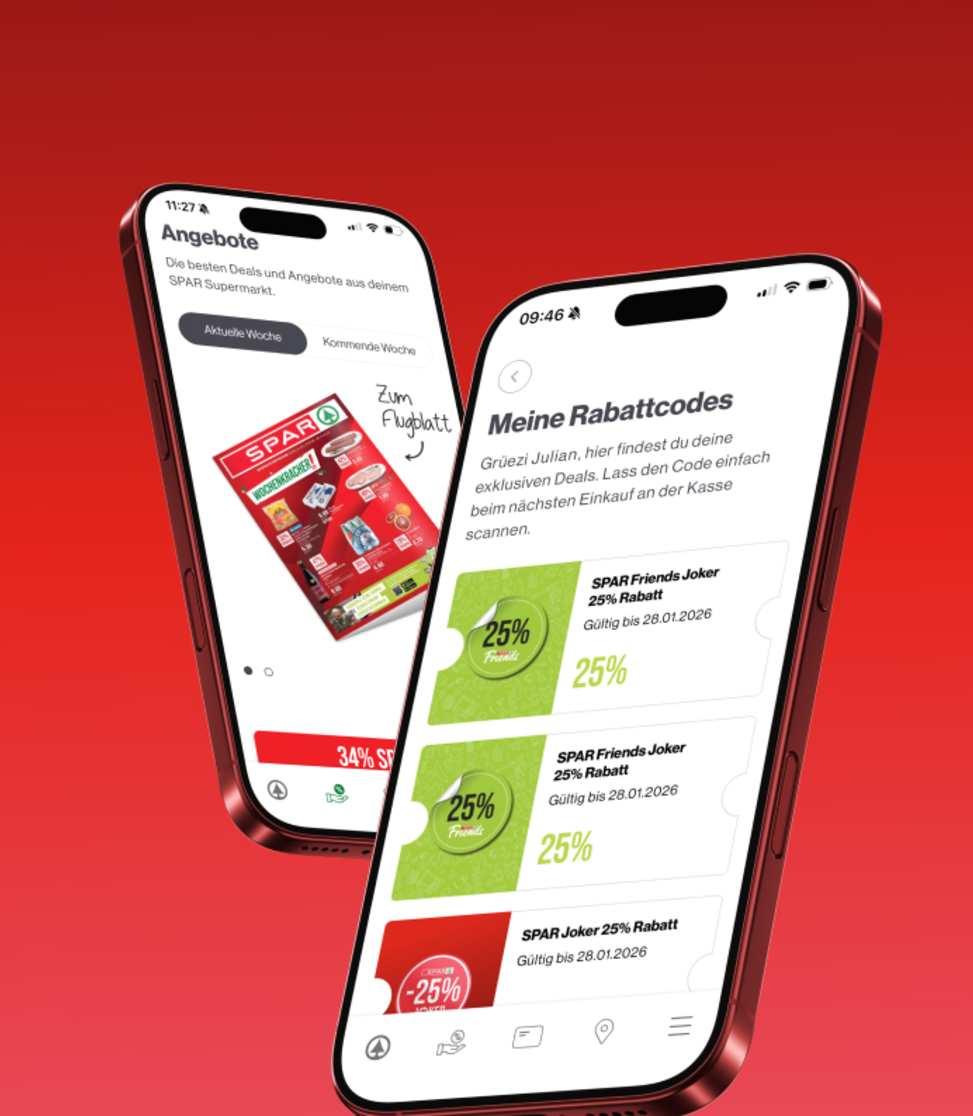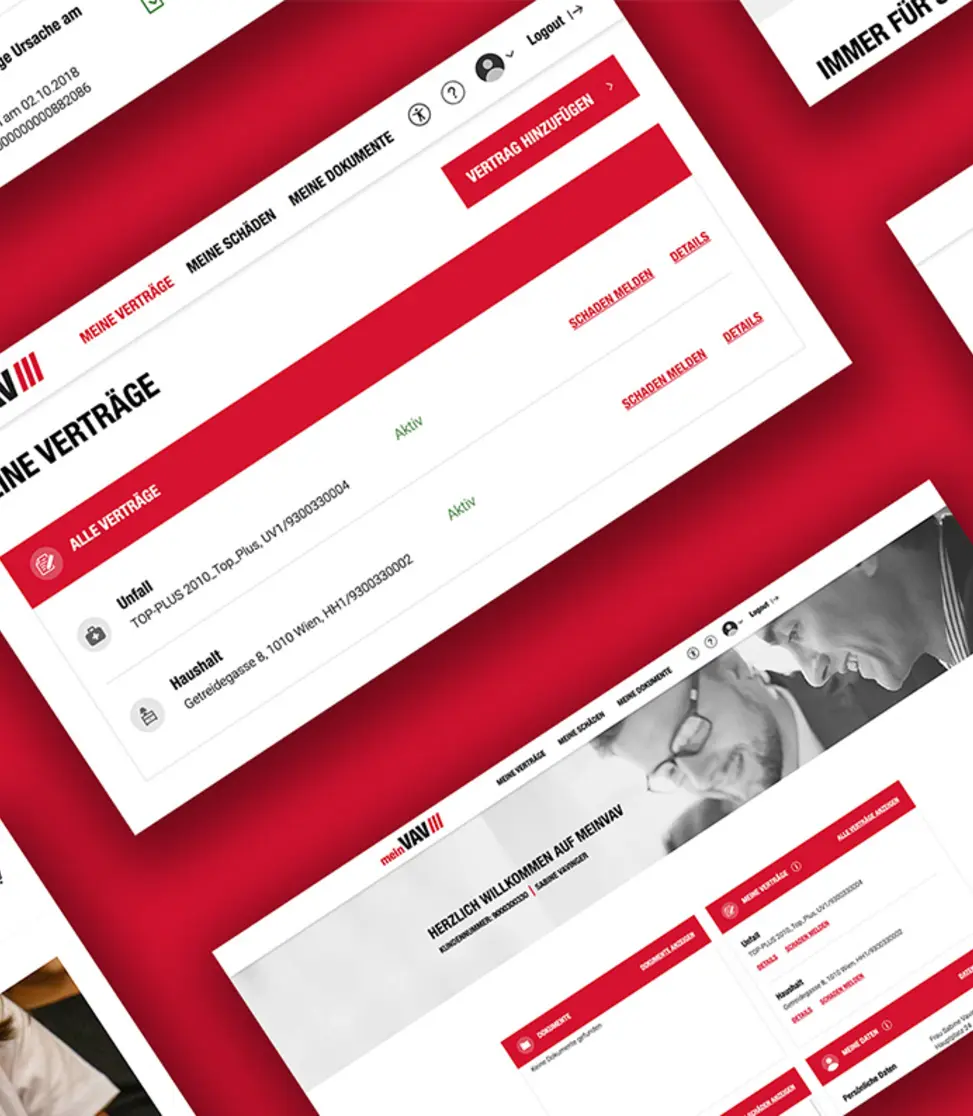


Sustainability in the digital transformation
Digital transformation is often seen as a pathfinder for more sustainability – but sustainability itself can also become the key to successful digitalisation. Three central levers show how these two megatrends can interact: the creation of a framework, purpose and positioning as an attractive employer.
Sustainability offers digital transformation a clear framework that ensures innovations pursue ecological, social and economic goals. It creates a purpose that motivates employees and breaks down cultural resistance, which strengthens the long-term willingness to change. In addition, the combination of digitalisation and sustainability makes companies more attractive in the competition for talent, as young professionals are specifically looking for employers that promote ecological and social values. A sustainable mindset motivates the existing team and attracts new talent, which is crucial for the future. In addition, digitalisation has a significant influence on the following areas:
Sustainability and digitalisation as mutual levers
Even if digitalisation and sustainability goals may appear contradictory at first glance, their combination offers enormous potential. The key lies in using this potential as part of a so-called "twin transformation". This involves combining the forces of digital and sustainable transformation on an equal footing, with each reinforcing the other. Both areas drive each other forward: digitalisation acts as a driving force to achieve sustainability goals, while sustainability provides a meaningful basis for digital transformation.
The study "Double Transformation: sustainable+digital = future-proof" by the Smarter Service Institute focuses on the links between digital and sustainable transformation. Particularly noteworthy are the 24 case studies and strategy recommendations based on real data and experiences. These illustrate how companies can not only improve their own resilience and adaptability by integrating digital and sustainable practices, but also make an important contribution to climate protection. For 90 per cent of these companies, sustainability is an investment in the future and not just a cost factor. Companies that take this holistic approach not only position themselves as sustainability pioneers, but are also perceived as modern, future-oriented employers.
Frequently Asked Questions
FAQ
The digital transformation contributes to greater sustainability through smart technologies. It enables more efficient use of energy and resources, supports the use of renewable energies and helps to reduce CO2 emissions. It also facilitates circular economy models and sustainable consumption patterns.
Sustainability offers companies a design framework that ensures that digital innovations take environmental and social goals into account. This approach can open up new business areas and motivate employees, as it gives digitalisation a clear purpose and overcomes cultural resistance.
Digitalisation enables a more resource-efficient circular economy. Intelligent sensors are improving waste separation, recycling processes are becoming more efficient and products can increasingly be used based on usage rather than ownership.
Companies that integrate sustainability into their digital transformation attract talent that appreciates environmental and social values. They promote a working environment that creates meaning and strengthens intrinsic motivation, which supports a company's long-term adaptability and innovative strength.
Digitalisation is influencing numerous areas, including energy, agriculture, consumption and water management. It ensures more efficient production processes, promotes sustainable consumption, improves water management and optimises the use of renewable energies.











